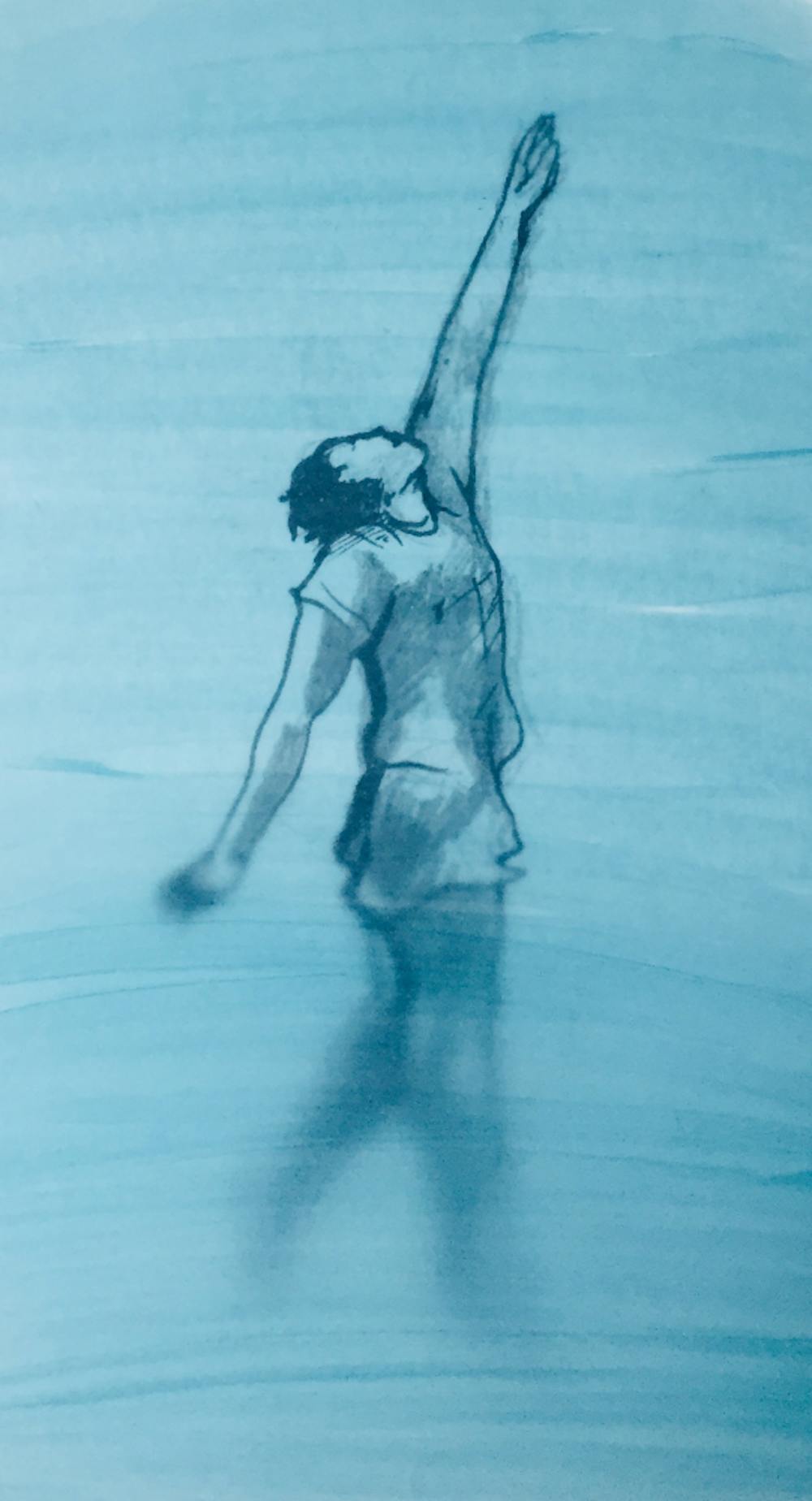Editorial cartoon courtesy Savannah Faircloth
My journey through the trenches of drug addiction and into recovery began like many others. I started smoking pot and drinking when I was 13. It was innocent at first, but took off in high school. I would join my friends on the weekends and we would smoke in our basements or backyards. I quickly realized I loved the effects of pot and it became a daily routine. As my pot use increased, so did my drinking. I was fixated on drinking every weekend. This fixation, I would later learn, is what set me apart from my peers. By my junior year of high school, my friend circle and I began experimenting with a myriad of substances including mushrooms, LSD, prescription benzos, prescription amphetamines and ecstasy. I also began to deal drugs to finance my habit. At this point, the seed of addiction was planted. It would flourish as I got older and transitioned into college.
I began my education at UNC in the fall of 2014. I was enamored with the energy of Chapel Hill and thrilled to be around so many new people. What I was most concerned with, however, was partying. There was never a shortage of partying. I could drink and use cocaine seven days a week if I wanted to, and I often did just that. Around this time, I also began using oxycodone. I immediately loved it since I was an anxious person and opiates obliterate all anxiety. Eventually my infatuation with pain pills led me to heroin addiction, as it often does.
Somehow, I managed to stay enrolled in school for three years. The summer following my junior year, I could not do it anymore. I was depressed, ashamed, isolated and sick. I desperately wanted to stop using and selling drugs, but I did not know how. By this point, I was using cocaine and heroin every day. My addiction reached its limit after I wrecked two cars in two weeks. One of which was my mother’s. She arrived on July 22, 2017 to retrieve it from Chapel Hill, and I told her the extent of my use. That was my first day off of drugs.
I withdrew from UNC and moved home. While I lived at home, I attended an outpatient rehab for nine months. Rehab provided the initial structure I needed, but it alone was not enough. I began attending Alcoholics Anonymous meetings as required by my rehab, and it was in AA that the magic of recovery began to happen.
AA connected me to a group of like-minded addicts and alcoholics who understood my struggles. For most of my life, I felt like an outsider, but in AA I have become a part of a community that has given me the tools to change my behavior. AA is a 12-step program. The 12 steps are a rigorous examination of addicted behavior and then a prescription for a new way of life. Through them, I learned new ways to cope with my feelings that did not involve the use of drugs.
In June of 2018, I returned to Chapel Hill. My experience at UNC today is completely unlike my first three years. UNC has an amazing recovery program called Carolina Recovery Group, and many members have become my closest friends on campus. I continue to attend AA meetings and strengthen my recovery. I am no longer plagued by depression and anxiety. I am able to focus on my academic pursuits and contribute in class. Recovery has given me a life I never knew I was capable of living.
To those who are struggling, I implore you to reach out. Addiction does not have to be a life sentence. I was terrified of being sober. I did not think I would ever feel joy or excitement without using drugs. It could not be further from the truth. I live a life of contentment in recovery. This is not to say that recovery is simple or easy. It is rarely a linear path. Recovery looks different for every addict I have met. While my path was through AA, there are many other options besides 12 step programs.
To anyone who knows someone that is struggling, I challenge you to set aside stigma. Addiction is an isolating, ruthless disease that can affect anyone. Stigmatizing addicts only isolates them further. Ask them how they are doing. Sometimes asking someone this simple question is the greatest help you can offer.




